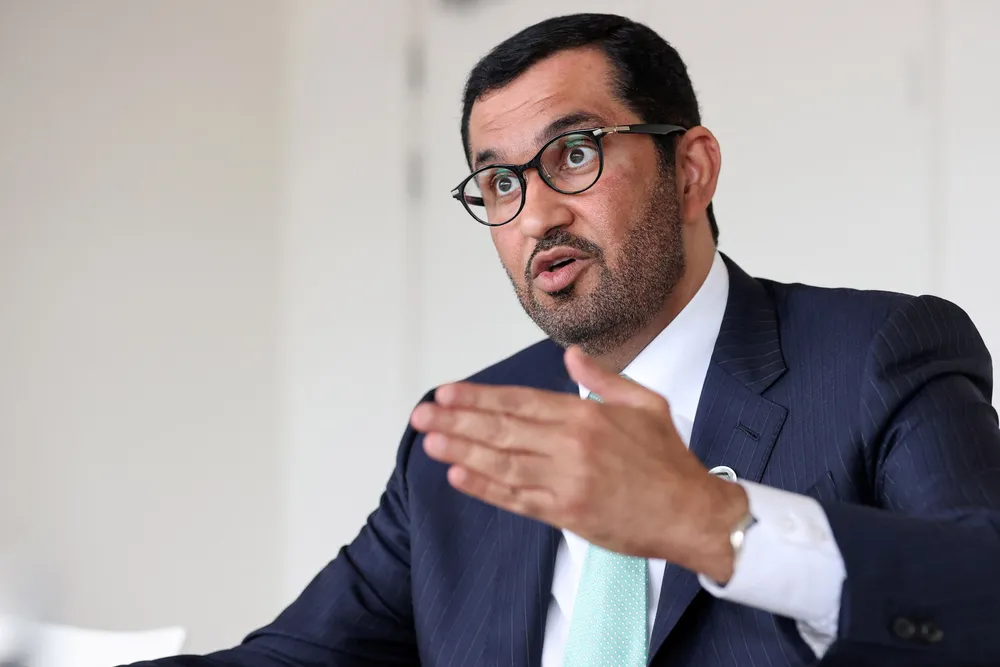Adnoc greenlights one of the largest CO2 recovery projects in Middle East
Habshan CCUS project will have capacity to capture and permanently store 1.5 million tpa of CO2

Habshan CCUS project will have capacity to capture and permanently store 1.5 million tpa of CO2
